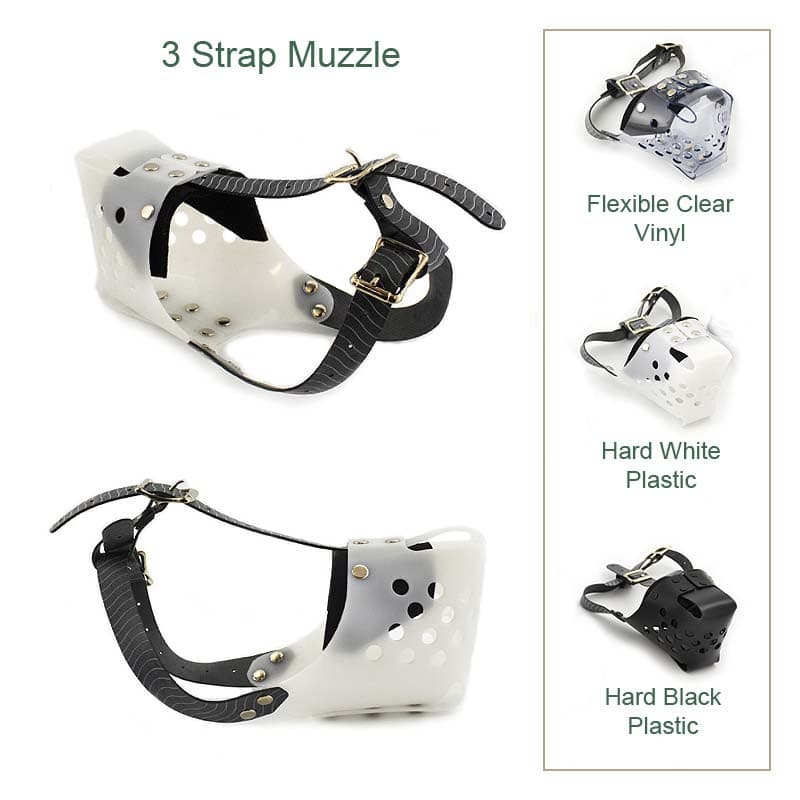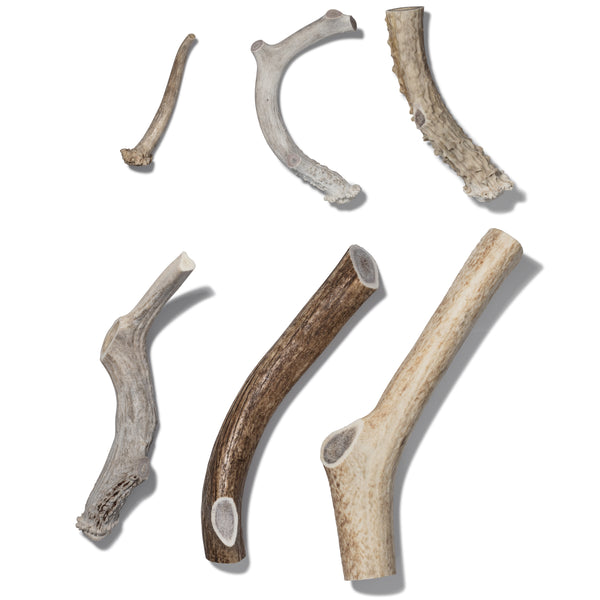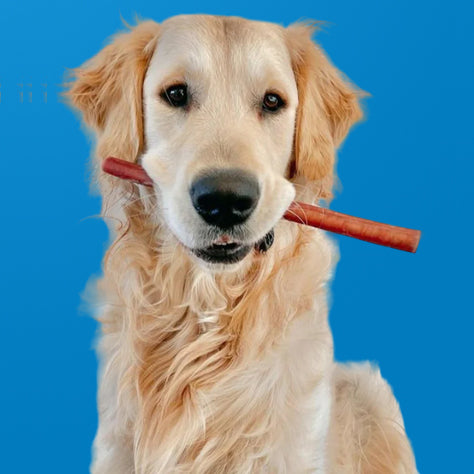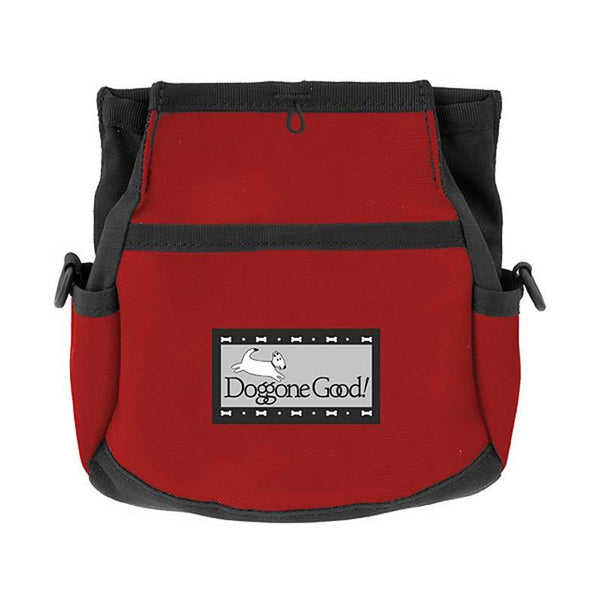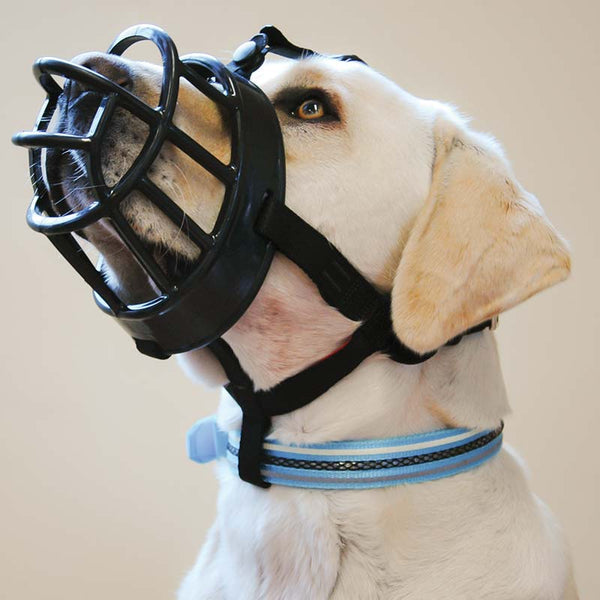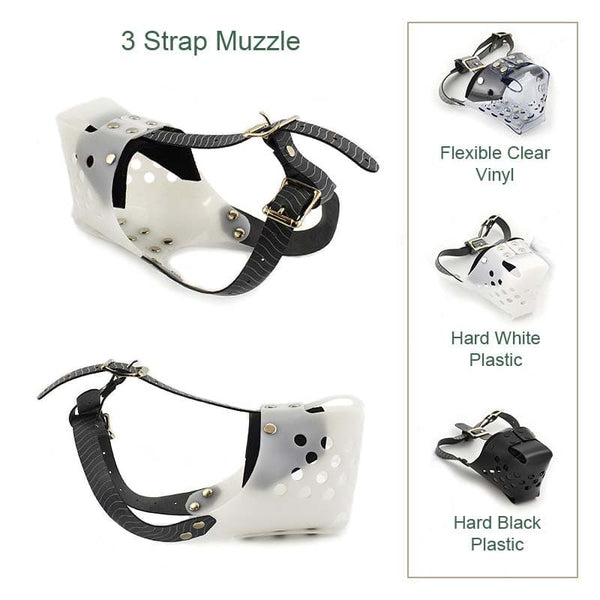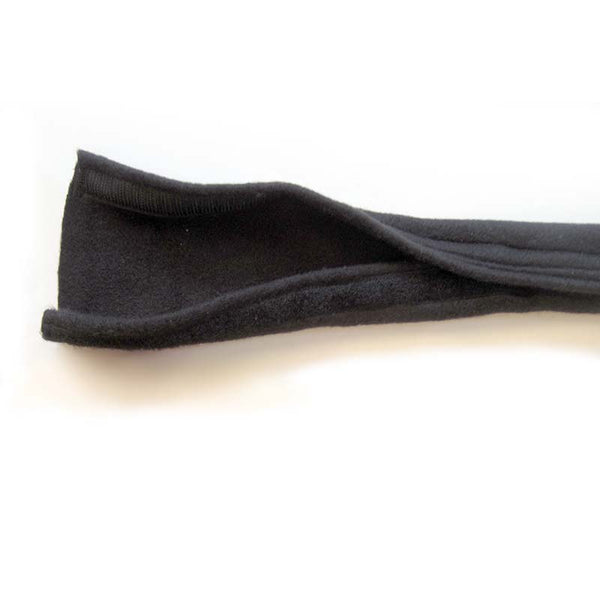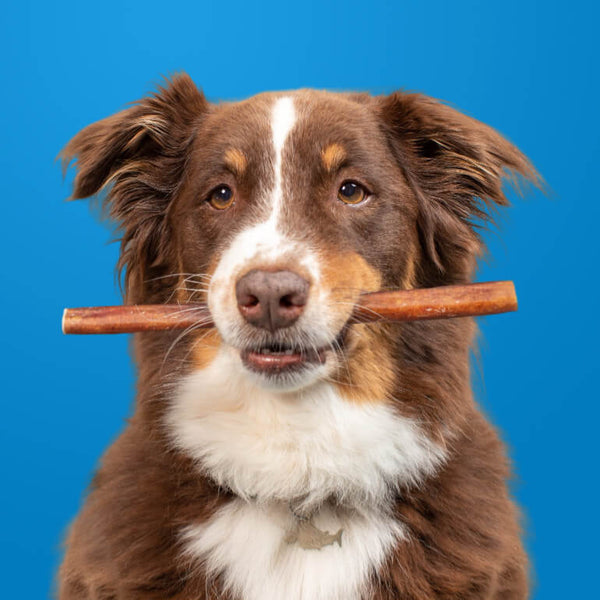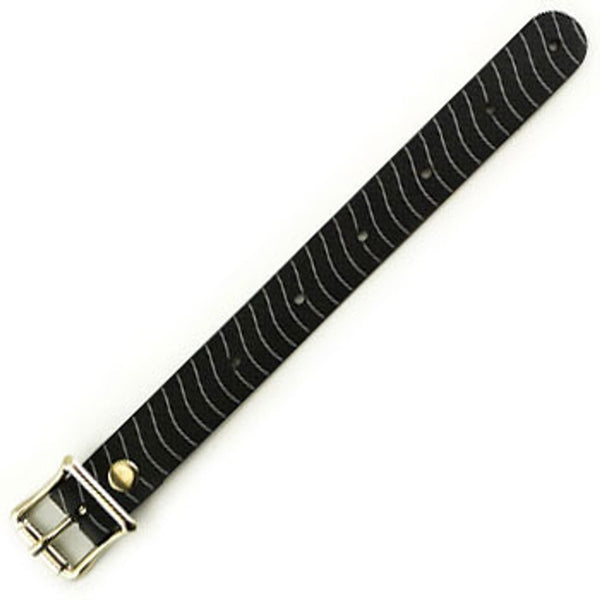Frequently Asked Questions About Positive Dog Training
|
"What is a "clicker", and how do you use it to train a dog?" A clicker is a small, simple device that makes a click sound. Using this tool for training dogs is becoming very popular. It is used to tell the dog that a treat is coming very soon. When your dog does the right thing, such as open his mouth to drop your sneaker, you click and give him a small tasty treat. The clicker helps to speed up the learning process but is no longer used once the behavior is taught. I use them for most of my courses. "If I use food to train my dog, won't that mean the dog will only obey if he's sees the treat?" This is a common misconception about training with food. This is only true if the trainer makes a mistake. To use food correctly, the dog is rewarded after performing the behavior and quickly learns that even if he doesn't see the treat he should probably listen anyway because the treat is often hidden. "People food is bad for dogs, right?" Dog food is food and people food is food! The only difference is the quality. To really motivate your dog in distracting circumstances it is vital to use fresh high quality food such as meat or cheese. Treats should of course be used in moderation and deducted from the dogs daily ration. Shouldn't my dog listen to me because he loves me and not just for treats?" Yes and no. You are often asking your dog to do things that he doesn't want to do and to do them no matter what else is going on. You are going to find you will often need something else besides a great relationship to motivate with and you have two choices, punishment or rewards. "Why not use a 'balanced approach' to training our dog? If he does something wrong, I want him to know it was wrong." A balanced approach is one which contains both punishments and rewards. In reward-based training such as I practice, there are consequences for the dog's actions. For instance, if he is barking for attention, he will get ignored. If that doesn't stop his barking, he will get a short time-out. When he stops barking for a few seconds he will get attention. If I were to punish him with a loud "no" or another method, he would be learning that barking results in attention and it is possible he would think that's pretty fine. Punishments beyond a time-out are simply not needed. They erode the trust your dog has for you and cause stress which impedes learning. |
- Choosing a selection results in a full page refresh.
- Press the space key then arrow keys to make a selection.


